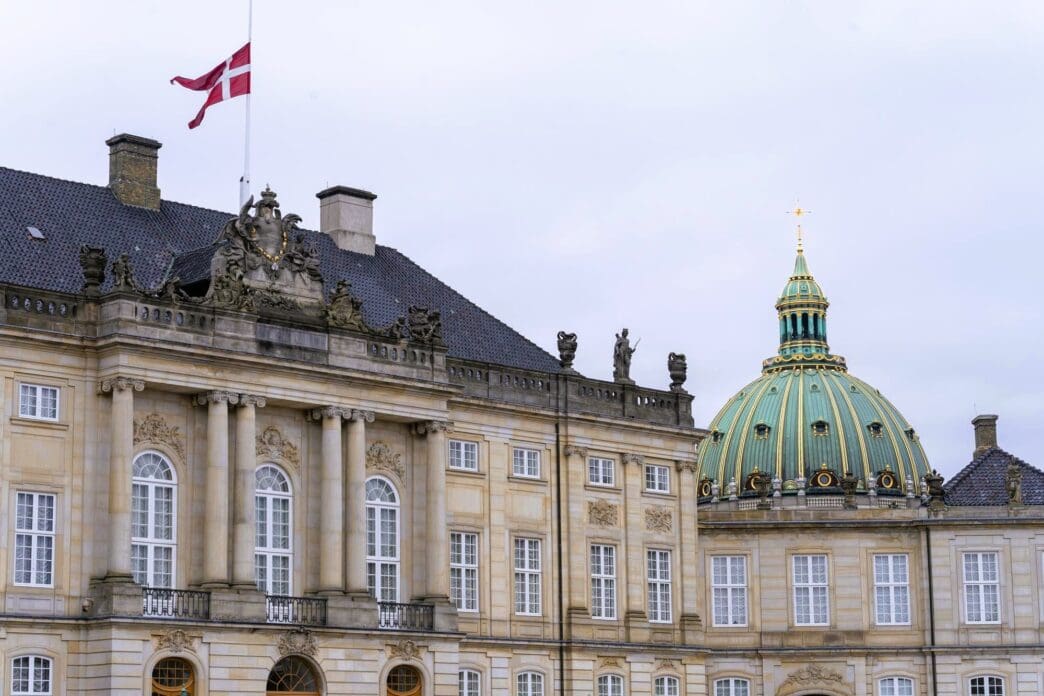Executive Summary
The Story So Far
Why This Matters
Who Thinks What?
French Foreign Minister Jean-Michel Barrot announced on Monday that France will bolster security for the upcoming European Political Community (EPC) summit in Copenhagen on October 2, deploying troops and an anti-drone helicopter, while also committing three Rafale fighter jets to the EU’s eastern flank to counter potential Russian airspace violations. The move comes amid heightened security concerns following recent drone sightings over Copenhagen airport and previous incidents of suspected Russian drones entering Polish airspace.
Security for Copenhagen Summit
During a Weimar-format meeting with his German and Polish counterparts in Warsaw, Mr. Barrot confirmed that the French army would deploy 35 soldiers and a helicopter equipped with “anti-drone capability” to the Danish capital. This deployment aims to enhance the security posture around the summit.
The decision follows reports last week of several drones of unknown origin sighted over Copenhagen airport, prompting Denmark to implement significant security measures. On Friday, the Danish government accepted assistance from Sweden, borrowing an anti-drone system, and a German air-defense frigate docked in the Danish capital on Sunday to further strengthen defenses.
Airspace Defense on EU’s Eastern Flank
Beyond the Copenhagen summit, Mr. Barrot stated that France would deploy three Rafale fighter jets to the EU’s eastern flank. Their mission is for “the detection and, if necessary, the destruction” of Russian drones that might violate European airspace.
This measure is a direct response to incidents such as those reported by Warsaw on September 9 and 10, when suspected Russian drones allegedly entered Polish airspace. The minister did not specify the country where these aircraft would be stationed.
Call for Stronger NATO Response
Echoing comments made by President Emmanuel Macron, Mr. Barrot called upon NATO allies to “step up their response in the event of further Russian provocation.” He emphasized a collective commitment to defense, stating, “We are ready to respond to defend every square centimetre of NATO and the European Union.”
Strengthening European Resolve
These announced measures underscore a growing European resolve to enhance collective security and aerial defense capabilities against evolving threats, particularly from Russia. The deployments aim to safeguard both significant regional political gatherings and the integrity of European airspace.








